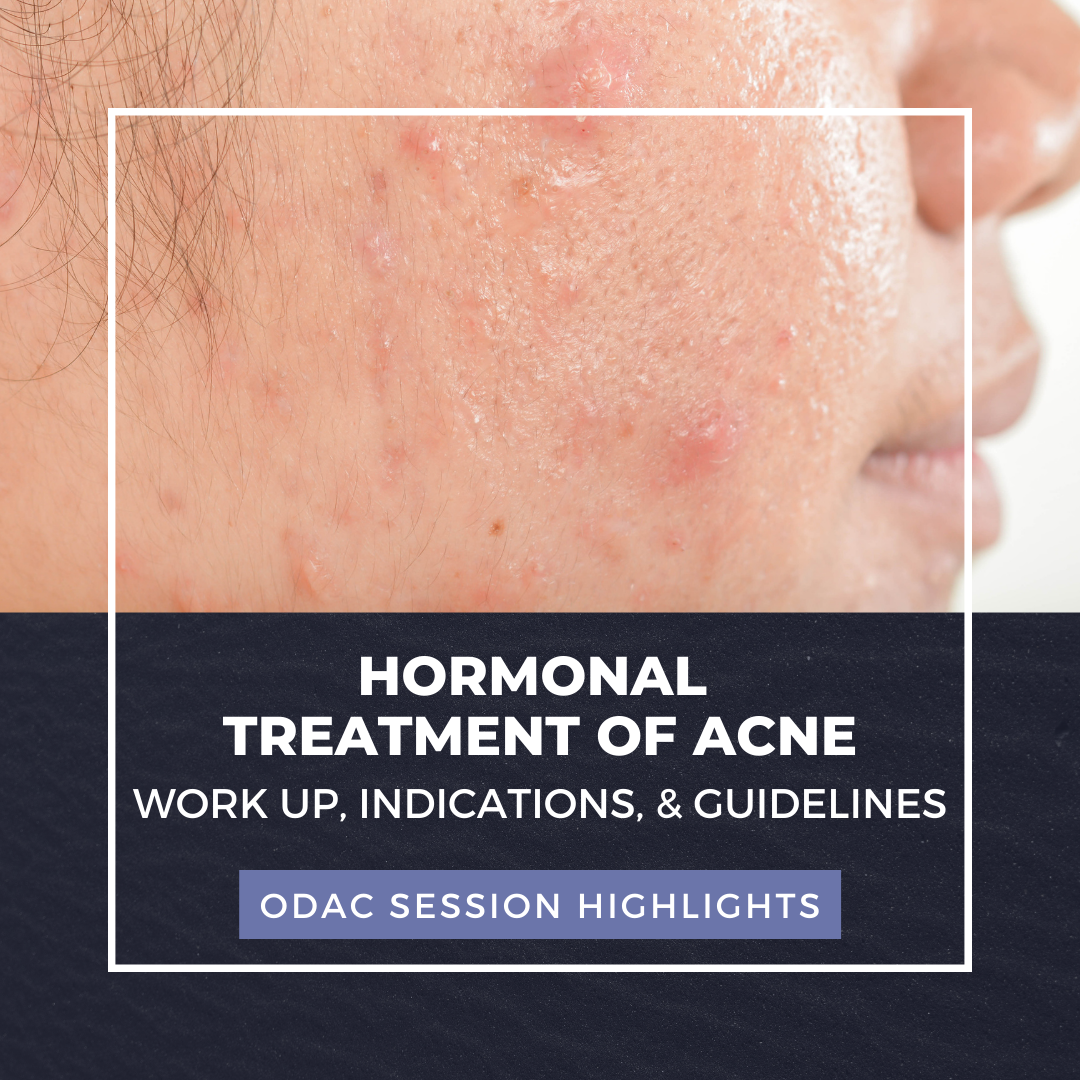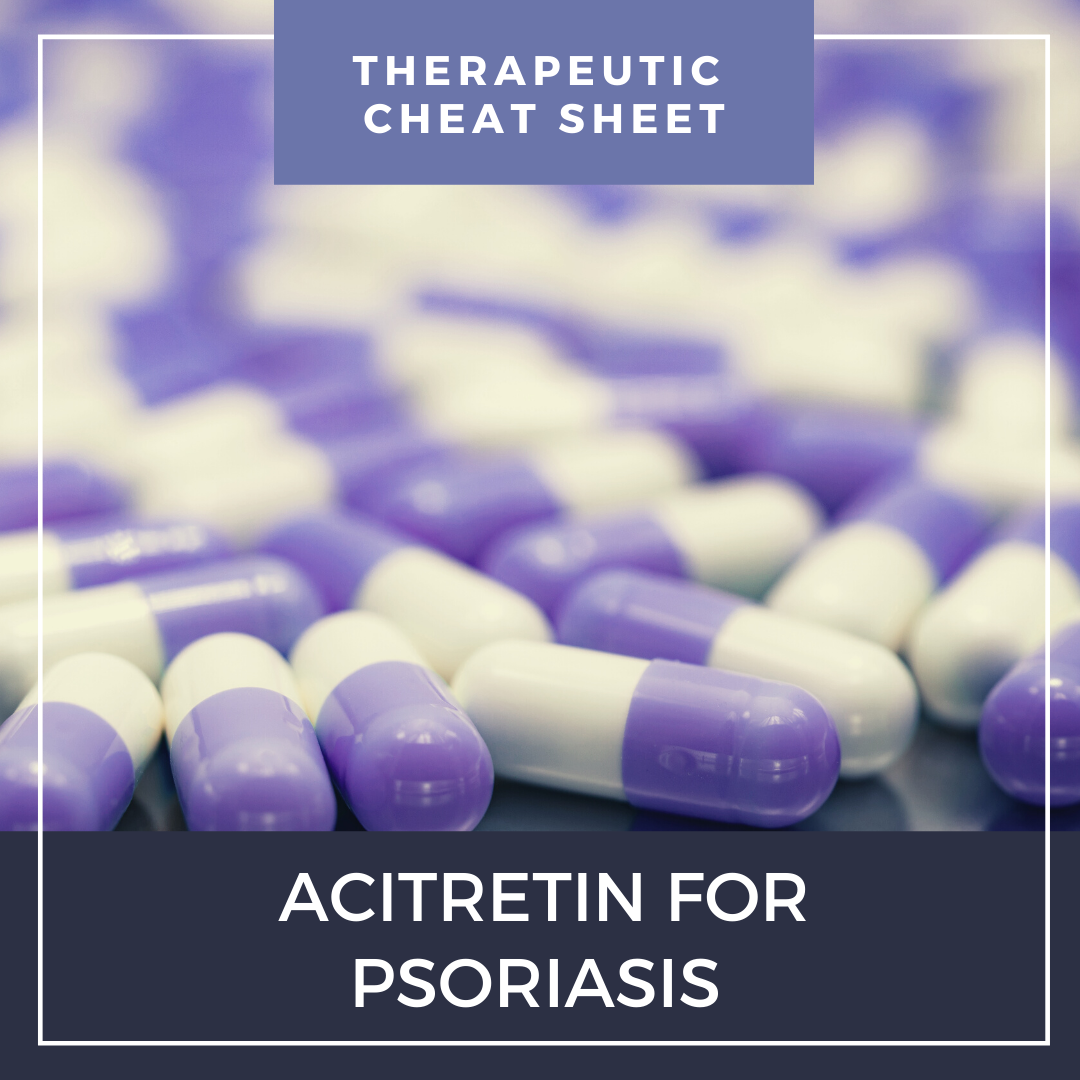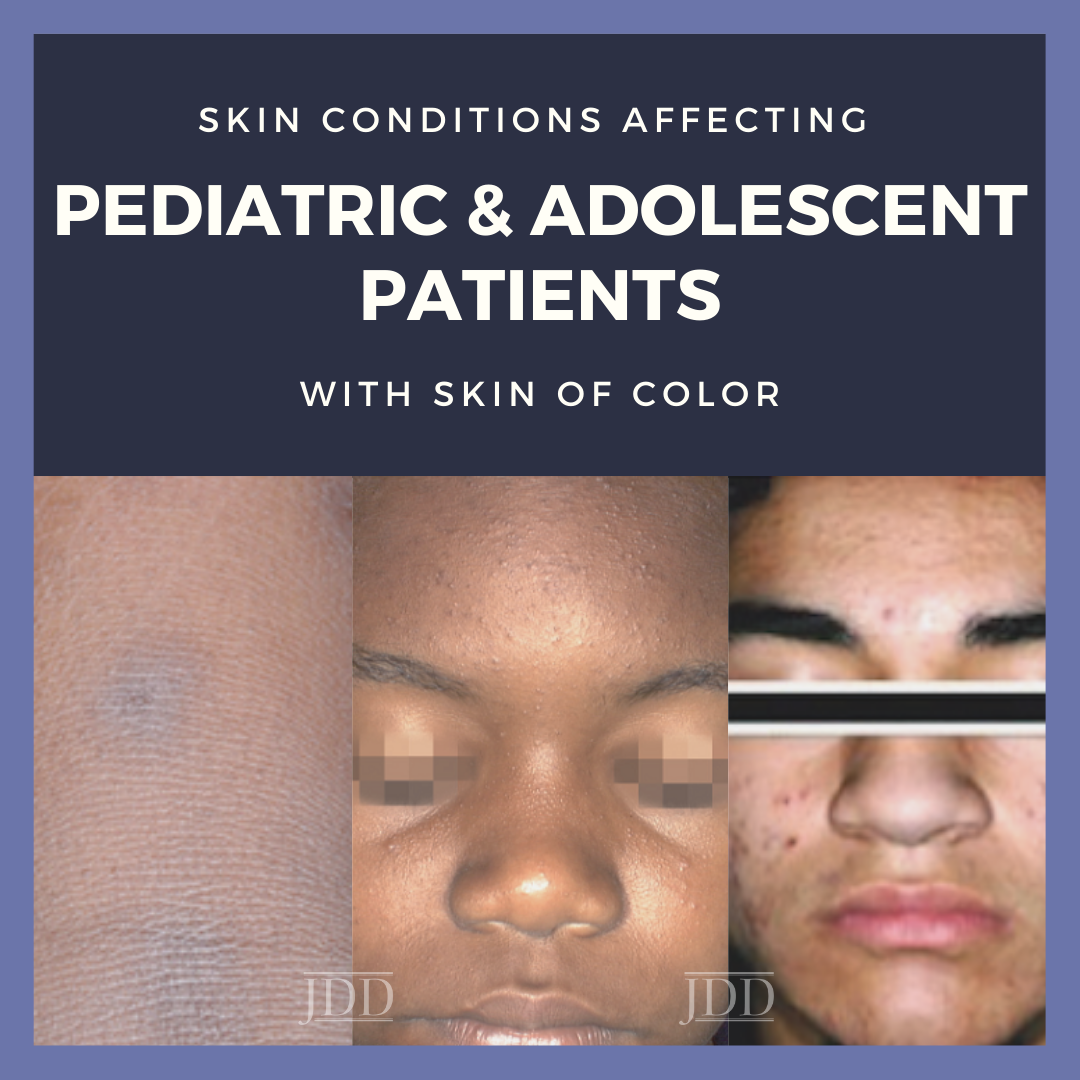Key Tips for Dermatologists in Prescribing and Managing JAK Inhibitors
 Next Steps in Derm, in partnership with ODAC Dermatology, Aesthetic and Surgical Conference, interviewed Dr. Neal Bhatia (a board-certified Dermatologist who serves as Director of Clinical Dermatology at Therapeutics Clinical Research ) about the latest with JAK inhibitors. Watch as he summarizes the most recent trials, approvals, and developments. Plus why doctors shouldn't be afraid to dive in w …
Next Steps in Derm, in partnership with ODAC Dermatology, Aesthetic and Surgical Conference, interviewed Dr. Neal Bhatia (a board-certified Dermatologist who serves as Director of Clinical Dermatology at Therapeutics Clinical Research ) about the latest with JAK inhibitors. Watch as he summarizes the most recent trials, approvals, and developments. Plus why doctors shouldn't be afraid to dive in w …
 Next Steps in Derm, in partnership with ODAC Dermatology, Aesthetic and Surgical Conference, interviewed Dr. Neal Bhatia (a board-certified Dermatologist who serves as Director of Clinical Dermatology at Therapeutics Clinical Research ) about the latest with JAK inhibitors. Watch as he summarizes the most recent trials, approvals, and developments. Plus why doctors shouldn't be afraid to dive in w …
Next Steps in Derm, in partnership with ODAC Dermatology, Aesthetic and Surgical Conference, interviewed Dr. Neal Bhatia (a board-certified Dermatologist who serves as Director of Clinical Dermatology at Therapeutics Clinical Research ) about the latest with JAK inhibitors. Watch as he summarizes the most recent trials, approvals, and developments. Plus why doctors shouldn't be afraid to dive in w … Continue reading "Key Tips for Dermatologists in Prescribing and Managing JAK Inhibitors"


 The June 2022 issue of the Journal of Drugs in Dermatology (JDD) focuses on acne and rosacea, with original articles discussing topics such as improving rosacea outcomes in skin of color patients, pediatric and female acne, topical management of facial and truncal acne, and many more. Included in this issue are also case reports on bullous dermatitis and low dose Naltrexone in combination with PRP …
The June 2022 issue of the Journal of Drugs in Dermatology (JDD) focuses on acne and rosacea, with original articles discussing topics such as improving rosacea outcomes in skin of color patients, pediatric and female acne, topical management of facial and truncal acne, and many more. Included in this issue are also case reports on bullous dermatitis and low dose Naltrexone in combination with PRP …  Dr. Diane Thiboutot, Professor of Dermatology at The Pennsylvania State University College of Medicine, gave a practical talk at the 2022 ODAC Dermatology, Aesthetic and Surgical Conference about hormonal treatment of acne. Dr. Thiboutot discussed the hormonal work up, indications for hormonal treatment, and guidelines for choosing a therapy, including oral contraceptives.
Hormonal Workup for Ac …
Dr. Diane Thiboutot, Professor of Dermatology at The Pennsylvania State University College of Medicine, gave a practical talk at the 2022 ODAC Dermatology, Aesthetic and Surgical Conference about hormonal treatment of acne. Dr. Thiboutot discussed the hormonal work up, indications for hormonal treatment, and guidelines for choosing a therapy, including oral contraceptives.
Hormonal Workup for Ac …  Pustular psoriasis can present quickly and pose a life-threatening emergency. Acitretin is the only systemic retinoid FDA-approved for treatment of psoriasis, specifically both pustular and severe plaque-type psoriasis.1Systemic retinoids such as acitretin are utilized heavily in dermatology, and practitioners must be knowledgeable about all of the FDA-approved and off-label applications as well a …
Pustular psoriasis can present quickly and pose a life-threatening emergency. Acitretin is the only systemic retinoid FDA-approved for treatment of psoriasis, specifically both pustular and severe plaque-type psoriasis.1Systemic retinoids such as acitretin are utilized heavily in dermatology, and practitioners must be knowledgeable about all of the FDA-approved and off-label applications as well a …  Sprinkled with many clinical pearls, Dr. Candrice Heath gave us an informative, case-based lecture at the 2021 Skin of Color Update: “Skin Conditions Disproportionately Affecting Pediatric & Adolescent Patients with Skin of Color.” Dr. Heath is an Assistant Professor and Director of Pediatric Dermatology at Lewis Katz School of Medicine at Temple University and is active on social media @D …
Sprinkled with many clinical pearls, Dr. Candrice Heath gave us an informative, case-based lecture at the 2021 Skin of Color Update: “Skin Conditions Disproportionately Affecting Pediatric & Adolescent Patients with Skin of Color.” Dr. Heath is an Assistant Professor and Director of Pediatric Dermatology at Lewis Katz School of Medicine at Temple University and is active on social media @D …